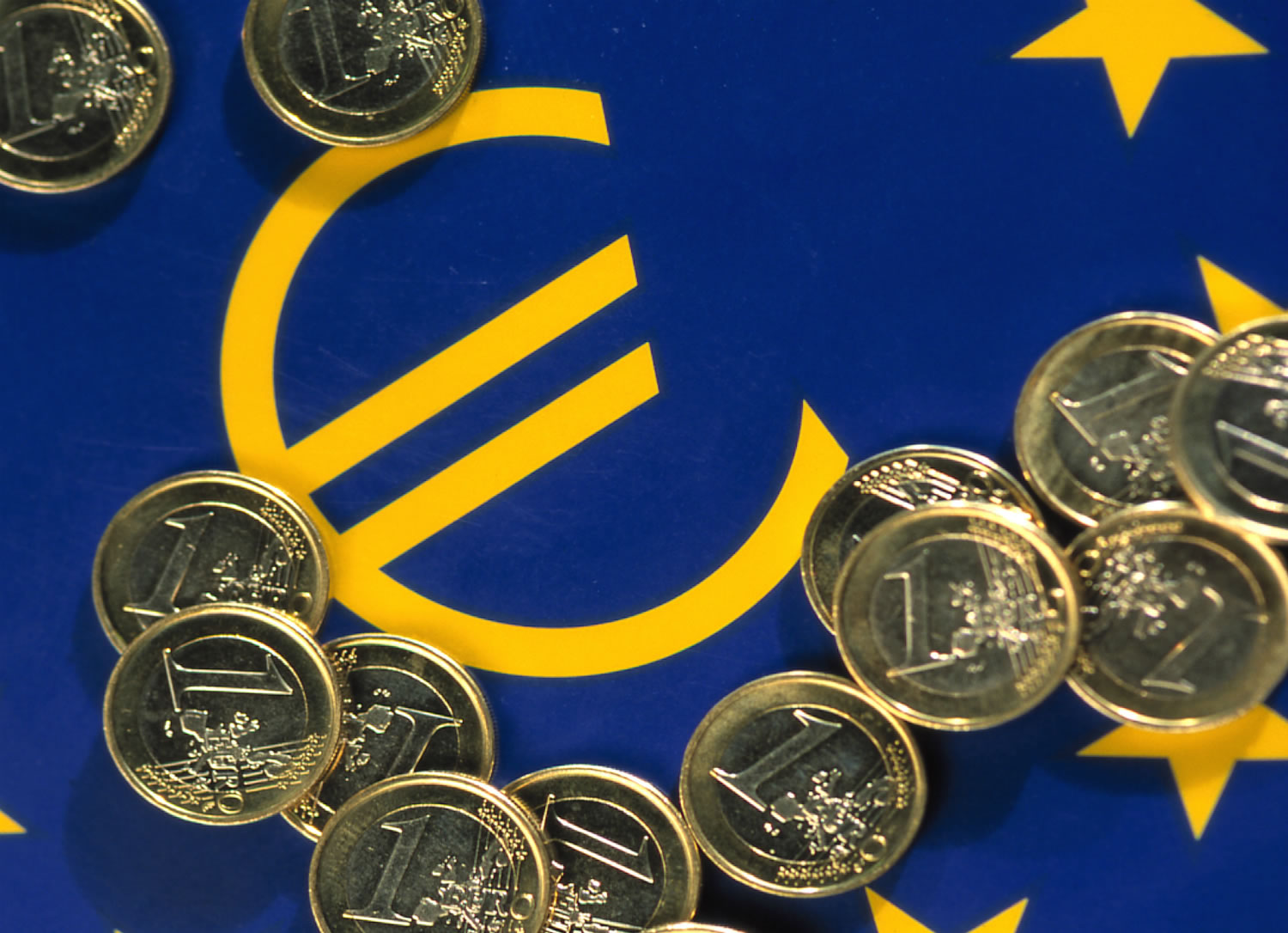Ecommerce Europe recently published a new position paper on the proposed ePrivacy Regulation.
In light of the ongoing trialogue negotiations between the European Commission, the Council and the European Parliament, the paper outlines Ecommerce Europe’s key recommendations, its preferred institutional position and suggests a few targeted amendments.
In January 2017, the European Commission proposed new legislation to ensure stronger privacy in electronic communications, the Proposal for a Regulation on Privacy and Electronic Communications.
Consequently, the European Parliament adopted its Report on the file in October 2017, and after very lengthy discussions in the Council, the Portuguese Presidency managed to reach an agreement on a compromise text in February 2021.
Overall, Ecommerce Europe has always supported the idea of modernising the current ePrivacy Directive in order to make the ePrivacy legal framework fit for the future of digital commerce.
Ecommerce Europe also supported the choice for a regulation as legislative tool to achieve a greater level of harmonisation of privacy (and cookie) rules across the EU.
Electronic communication and processing of personal data is crucial for the e-commerce sector, as it is key for digital retailers to provide a high level of service and online customer experience. To achieve this high level of service, existing and new digital services process personal data, and make use of the storing capacity (cookies) and the information on the end user’s mobile or static terminal equipment to personalise the consumer’s experience.
To maintain the competitiveness of the European digital commerce sector, Ecommerce Europe is of the opinion that the new ePrivacy Regulation must allow for this personalised service. Moreover, it should aim to create a uniform European legal framework which balances fostering digital innovation with end-users’ rights to privacy and respect for their private sphere.
This applies to purely online players, omnichannel businesses and brick-and-mortar retailers, as digitalisation is key for all of them to offer a high level of service. Ecommerce Europe also highlights the importance of uniform interpretation across Member States and maximum alignment of the ePrivacy Regulation with the GDPR.
Ecommerce Europe welcomes the progress made on the proposal under the leadership of the Portuguese Presidency of the Council. Although some of our concerns have not been addressed in the Council’s last text, we recognise that good steps have been taken.
Compared to the proposal by the European Commission and the Report of the European Parliament, Ecommerce Europe supports the majority of the Council’s proposal. The position paper includes some targeted amendments to improve the wording of some key articles of the future ePrivacy Regulation.
You can find the full position paper here.
(ECommerce Europe)


















































